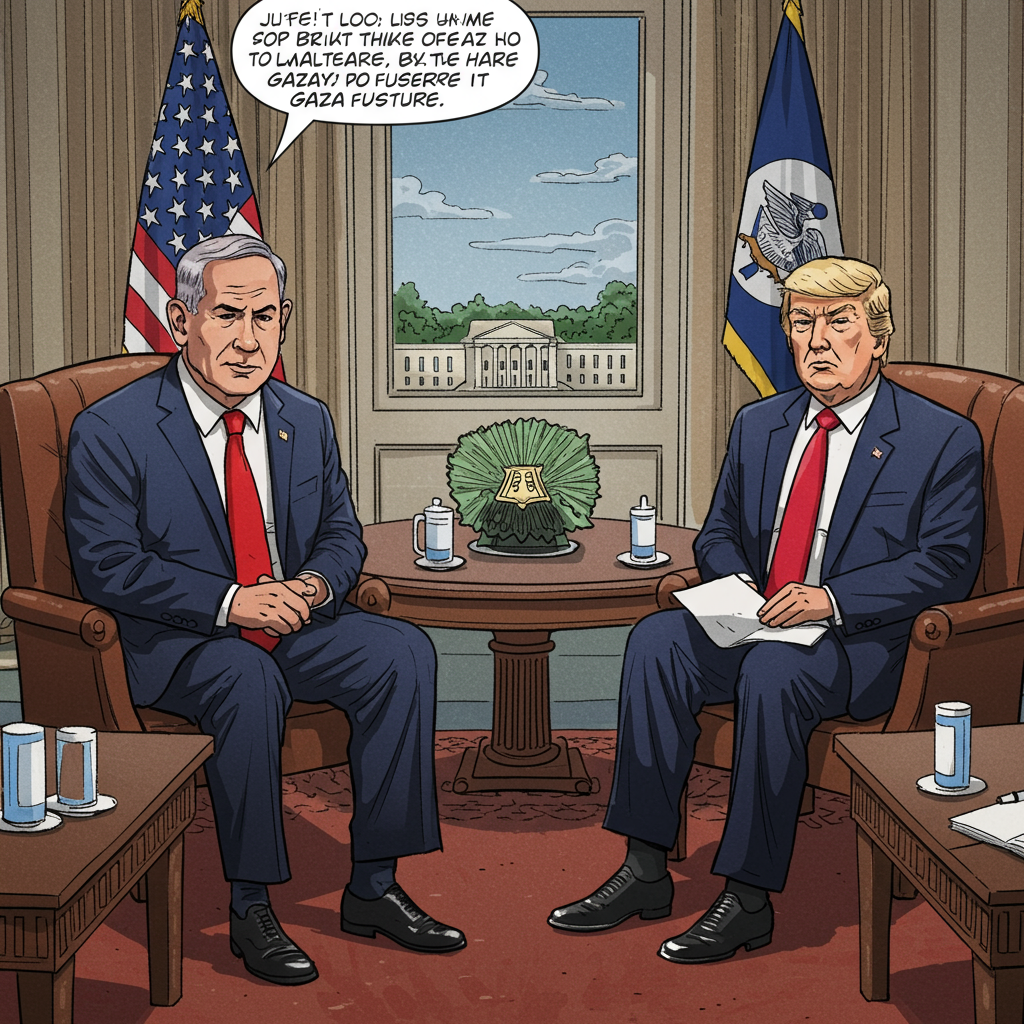The weeklong conflict between Israel and Iran has intensified with fresh exchanges of strikes, as diplomatic efforts continue and the world watches for a potential decision on U.S. involvement from President Donald Trump, who has set a two-week deadline for action.
Entering its second week, the war has seen both sides launch significant attacks. Israel’s military has targeted areas in western Iran, striking dozens of military sites, including infrastructure, an industrial center, and key facilities like the headquarters of Iran’s Organization of Defensive Innovation and Research. They also claimed hits on missile systems and radar installations near Tehran and Isfahan, asserting their fighter jets continue to operate freely in Iranian skies. Simultaneously, Iran has launched missile barrages targeting Israeli cities, including a strike in Beersheba that caused damage and injuries, and sending missiles toward Haifa, Tel Aviv, and the West Bank. Israel’s defense systems report a high success rate in intercepting incoming projectiles.
Humanitarian Toll and Nuclear Risks Escalate
The conflict has resulted in a tragic loss of life. Reports indicate Israeli strikes have killed at least 639 people in Iran, with over 2,500 wounded, according to sources citing a Washington-based human rights group and the Iranian health ministry. In Israel, 24 people have died from Iranian fire, with over 1,200 injured.
Grave concerns surround the safety of Iran’s nuclear facilities, many of which have been targeted by Israeli strikes. The head of the International Atomic Energy Agency (IAEA), Rafael Grossi, has issued stark warnings about the potential for radiological contamination. While initial attacks on sites like Natanz and Arak (where satellite images confirm damage, including a collapsed dome) haven’t resulted in widespread public exposure yet, Grossi emphasized the significant risk. He specifically highlighted the Bushehr power plant, warning that a direct hit could cause a catastrophic core melt and extensive radioactive release due to the thousands of kilograms of nuclear material present. Strikes on the Tehran Nuclear Research Reactor also pose danger to large populated areas. Iran’s Foreign Minister views these attacks on nuclear sites as violations of the IAEA safeguards regime and the Non-Proliferation Treaty, urging the UN Security Council to intervene.
Diplomacy Amidst Deep Mistrust
Diplomatic initiatives are underway, primarily led by European powers. Iran’s Foreign Minister, Abbas Araghchi, is engaged in talks in Geneva with counterparts from Britain, France, Germany, and the E.U., aiming to find a path to end the conflict. France has put forward proposals including a ceasefire, de-escalation, and negotiations encompassing key areas like preventing Iran from enriching nuclear material (a notable shift in France’s position), granting IAEA full access to sites, limiting ballistic missiles, curbing support for designated groups, and releasing hostages.
However, these diplomatic efforts face significant hurdles. Iran has maintained a firm stance that it will not engage in direct talks with the United States as long as Israeli attacks persist, viewing the U.S. as complicit in Israel’s actions. The U.S. envoy to the Middle East is notably absent from the Geneva talks.
Trump’s Two-Week Deadline: Strategy or Signal?
A critical factor in the crisis is President Trump’s declared intention to decide on potential U.S. military intervention within the next two weeks, specifically regarding strikes on Iranian nuclear sites. This timeline aligns with a recurring pattern seen throughout his political career, where “two-week deadlines” are set for significant decisions or outcomes, often without the promised event materializing precisely on schedule.
Analysis suggests this latest deadline might be a calculated strategic maneuver rather than simple indecision. It could serve as a tactical delay, allowing time for the U.S. military to reposition assets in the region – reports indicate aircraft have been moved from vulnerable locations like Al Udeid base in Qatar, and naval vessels shifted from Bahrain. The period also potentially gives Israel additional time to carry out crucial strikes, particularly targeting Iranian air defenses around sensitive sites like the underground Fordo enrichment facility, which some experts believe may require U.S. capability to effectively neutralize. This strategy might aim to weaken Iran’s position before any potential negotiations.
The prospect of U.S. military action carries significant risks, including potential damage to American personnel and assets in the Middle East, the likelihood of the conflict broadening into a wider regional war involving various proxy groups (such as Hezbollah in Lebanon, which Israel has also targeted), and facing potential reluctance from parts of Trump’s political base regarding foreign military intervention. Trump has also publicly contradicted his own intelligence community’s assessment that Iran is not currently building a nuclear weapon, stating his agencies were “wrong.”
Impact on Civilians and International Reactions
The conflict has profoundly impacted civilians. A near-total internet blackout across Iran, coupled with cyberattacks, has severely hampered communication, making it difficult for residents to receive safety alerts, contact loved ones, and grasp the full scope of events. Fear has led to neighborhoods emptying out in Tehran, with residents staying indoors and shops closing. Americans have been fleeing Israel due to disrupted flights, and American-Iranians express deep concern for relatives in Iran. Young Iranians are turning to social media like TikTok to voice anxiety and anger.
International reactions reflect the high stakes. UN experts have condemned Israel’s attacks on nuclear facilities, residential areas, and media as flagrant violations of international law, highlighting the disproportionate impact on civilians. Russia has voiced strong concerns about the potential for the conflict to escalate into World War III, particularly given its ties to Iranian nuclear facilities, and warned against any calls for regime change in Iran, calling it a dangerous move that would “open Pandora’s box.” China has called for de-escalation and is assisting its citizens. Switzerland has temporarily closed its embassy in Tehran, and Australia has evacuated diplomats and advised its citizens to leave Iran if possible.



